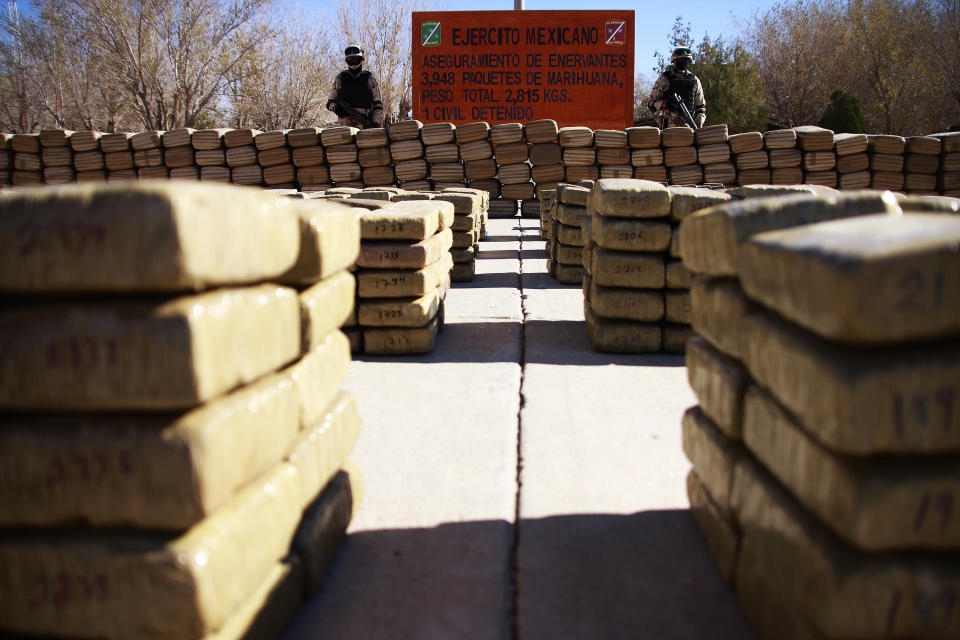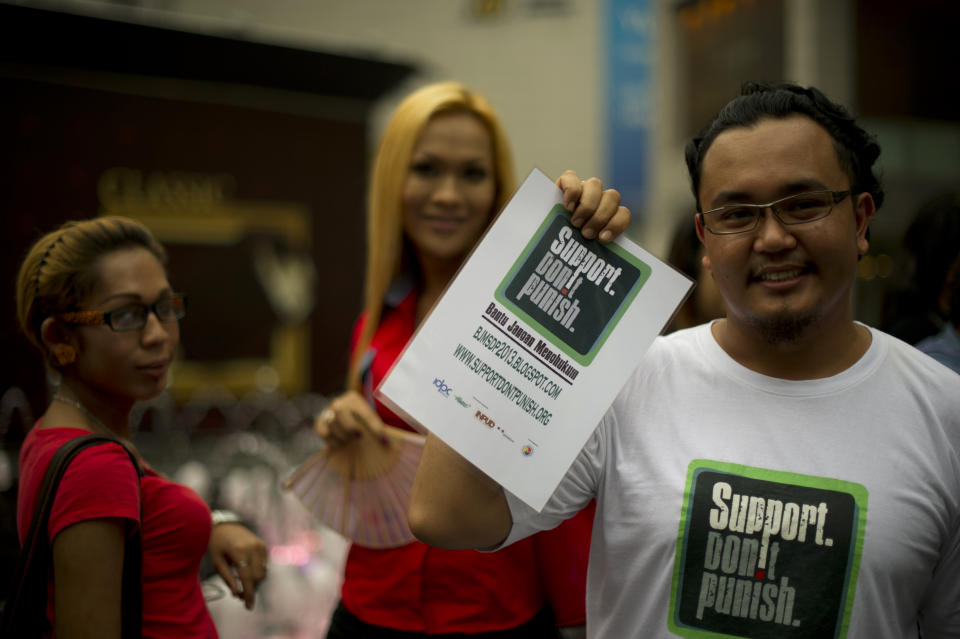Legalising cocaine and heroin 'would boost the economy'

Legalising cocaine and heroin would boost the economy by reducing violence and murder rates, according to new research.
The war on drugs fuels turf wars, gang violence and harms wages and skills, researchers have found. Subsequent violence then affects a country’s financial growth without harming the drugs industry itself.
An analysis of 34 countries over a 20-year period found that every additional drug-related killing per 100,000 people correlated with a significantly lowered premium paid to highly skilled workers.
This in turn decreased economic growth – lessening citizens’ incentive to acquire education and raising the chances of people joining drugs gangs.

Dr David Chivers of Durham University said violence is a result of rival gangs competing over routes and territories, and is fuelled by the large profits to be gained from trafficking narcotics.
He suggests money spent on cracking down on drug trafficking would be better spent on encouraging positive growth, like by improving access to education and innovation.
And legalisation of drugs would hit narcotic traffickers in their profit margins, he argues.
‘In theory, what would happen is the legalisation would stop these drug traffickers from making their profits and that would decrease how they fuel their violence,’ he said.
‘They wouldn’t be able to pay their foot soldiers as much and they wouldn’t be able to buy as many weapons.
‘If that money was averted to being spent on these things, it would increase growth anyway, but it would also have the attractiveness of tempting people away from that [drugs] sector because they don’t want to become a narco or a foot soldier because they can get higher wages in the legal sector.’

The findings, presented at the Royal Economic Society’s annual conference in Brighton, suggest increasing access to education would be more effective than trying to tackle criminals by force.
It’s likely areas such as South and Central America would see the biggest benefits compared to the UK and Europe, due to the level of drug-based murders in the region.
In the Mexican drug war alone, more than 60,000 people have been killed since Joaquín ‘El Chapo’ Guzman assassinated the leader of the Juarez Cartel to gain control of a key crossing point at the border with Texas in 2004, sparking the conflict.
Jeffrey Miron, an economist at Harvard University and the Libertarian Cato Institute, suggests full legalisation is the only answer to eliminating the black market as a source of revenue for violent criminal groups.
His research, The Economics of Drug Prohibition and Drug Legalization, finds that many of the harms typically attributed to drug use are instead due to drug prohibition.
Justice Roberto Barroso, a Yale graduate and constitutional law professor, also highlighted the problem in a Brazilian Supreme Court last February.
He said 50 years of war against drugs in Brazil had failed miserably, fuelling a violent gang battle for control of the lucrative trade.
‘Tthe problem lies in the power drug traffickers have over poor communities,’ he claimed.
‘If you want to break the power of traffickers you need to consider legalising cocaine.’

In contrast, deaths resulting from the UK’s war on drugs are in the tens, rather than the hundreds or thousands.
In 2014, the Home Office published a major report looking at the approach to drug users in 11 different countries.
It found there was no ‘obvious relationship’ between the toughness of a country’s enforcement against drug possession and the level of drug use in the country.
Dr Chivers and colleagues’ computer model reinforced this, showing government crackdowns are likely to worsen the problem by sparking even more violence.
‘It isn’t necessarily that drug trafficking affects growth straight away, it’s the violence that affects growth. And drug trafficking fuels that violence.’

Dr Chivers pointed out the most profitable drugs are invariably cocaine and heroin, as other substances like cannabis and amphetamines can be created in most parts of the world.
‘These drugs [cocaine and heroin] are often produced in low-income countries before being transported for sale in high-income countries.’
To make 1kg of cocaine 350kgs of coca leaves are needed.
They are mostly grown in the parts of Bolivia, Peru and Brazil and transported to countries such as the US via Mexico.
Producers are paid around $385 for 1kg of cocaine.
Once traffickers sell to wholesale dealers in the US the price rises to $14,500. The street level dealer can sell this for $78,000.
Dr Chivers said: ‘As most is cut with cheaper substances, the value of 100% pure cocaine is estimated to be worth around £122,000.
‘This means for drug traffickers the mark-up for transporting a product is equivalent to around 3,800 per cent.’
But in order to protect and obtain routes from rival gangs – as well as avoid being shut down by government forces – they must routinely engage in acts of violence and corruption, he said.
The UK Government currently estimates that drug trafficking to the UK costs the economy an estimated £10.7 billion per year.

 Yahoo News
Yahoo News 
